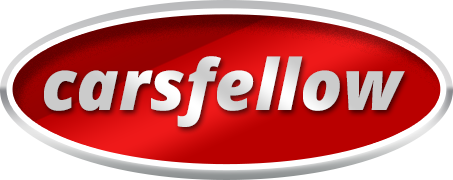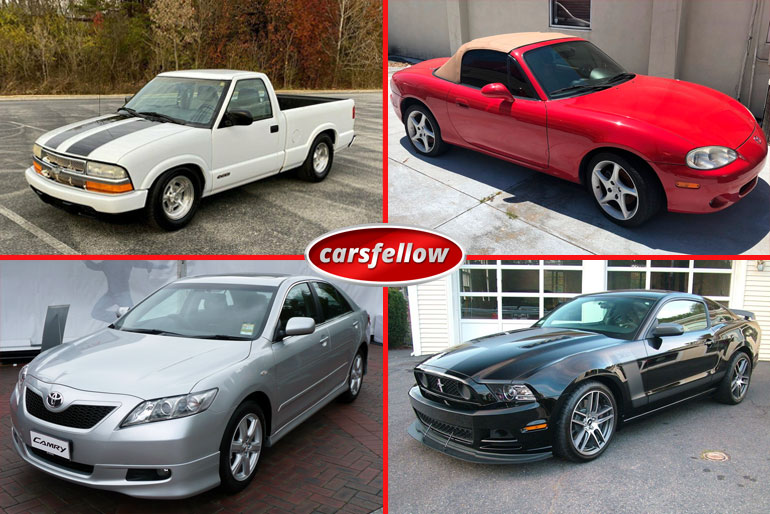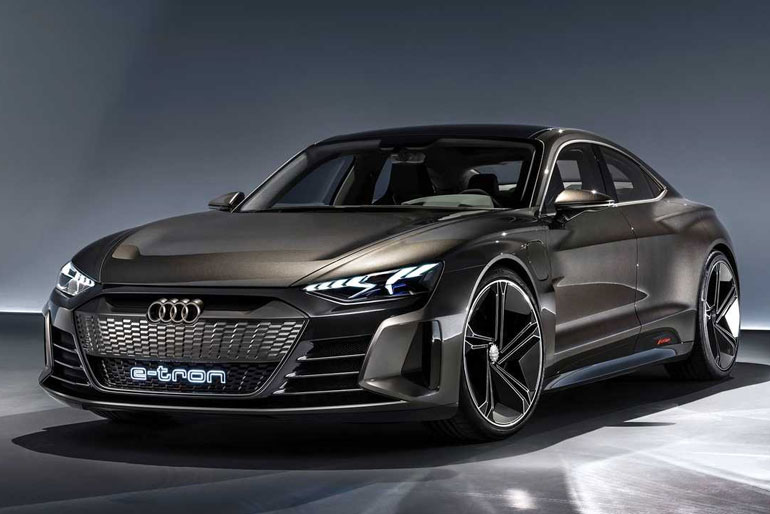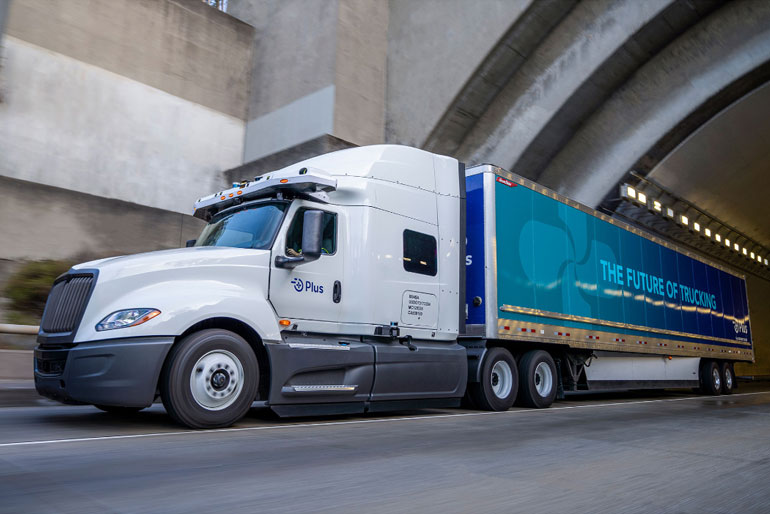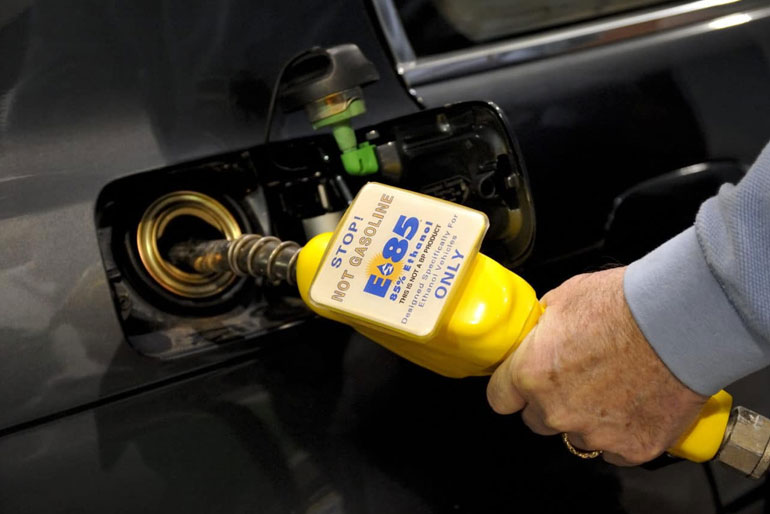Fuels used to power automobiles include gasoline, dorsal, ethanol, biodiesel, compressed natural gas, charged electrical batteries, and hydrogen. Gasoline or diesel is mainly used in motor vehicles all around the world. With the increase in awareness among people, now many other fuels are also used.
The combustion of automobile fuels releases many pollutants into the environment. These air pollutants may be gaseous or particulate. Gasoline and diesel are getting negative publicity due to the large amount of air pollution they cause.
The use of pollution-free fuels is highly encouraged in developed countries. Pollution-free fuels include E85 and Biodiesel. Biodiesel is a fuel consists of vegetable oils and free of sulfur. It reduces air pollution to a great extent.
What is E85?
E85 is an alcoholic and renewable resource of fuel. It is a domestically produced transportation fuel. The primary material for the production of E85 is corn or sugar cane, which goes through the fermentation process to form E85.
Ethanol has a lower heating value, making it difficult to crank an engine in cold weather; therefore, it is used with gasoline or any other hydrocarbon. E85 is a fuel composed mainly of 15% gasoline blended with 85% ethanol by volume.
The proportion of ethanol to gasoline is variable in different countries. The United States is predominantly using E85, in which the ethanol content is ranging from 51% to 83%. In Australia, motoring enthusiasts and motor racing clubs use E85 enormously as it always contains 85% ethanol.
Alcohols are used in motor racing vehicles due to their high thermal efficiency, increased torque, and good fuel consumption. The United States government is encouraging pollution-free fuels, particularly E85, at the retail price, especially in maize producing states.
E85 vs. Gasoline
The combustion amount of E85 is not equal to gasoline. Gasoline is used in less quality than E85 for covering the same distance. The distance traveled by E85 based engine depends upon the gasoline and ethanol blend, state of the machine, and transmission.
The energy content of regular gasoline is more significant than E85. But the energy content of a fuel does not depend upon the combustion pressure and specific heat values. It is not a measure of efficiency according to the laws of thermodynamics.
E85 has a higher octane rating than gasoline. Therefore, it is used in high-compression engines, which produce more power per unit displacement than gasoline. E85 is a low price, highly available, and environment friendly fuel; therefore, people have started to use it in place of other powers.
What Is Flex-Fuel?
Flex-fuel is the fuel that contains a combination of gasoline and methanol or ethanol. E85 is also a flex-fuel because it is made up of a mixture of regular gasoline and ethanol. It is used in unique automobiles called fuel-flexible vehicles or FFVs.
The significant difference between FFVs and non-FFVs is removing magnesium, aluminum, and rubber parts from the fuel system. In some FFVs, specific engine oil is also used, which neutralizes acidity.
In the cold climate countries such as the United States, automobiles are modified to use E85 containing up to 85% ethanol. In the warm climate countries, such as Brazil, automobile engines are designed to use neat alcohol.
Ethanol’s cooling properties make Koenigsegg CCXR, a car, the 5th most powerful production car, with 25% higher power on E85 than on gasoline.
Risks Of Using E85 In A Regular Vehicle
Not all vehicles can use E85 efficiently. It is only used in those engines which are modified to accept ethanol. The drawbacks of using E85 in regular cars include:
- The E85 can damage an engine that is not designed or modified to use alcoholic fuels. Most normal engines have structural materials that are not suitable for flex-fuels.
- A reduction in emissions due to E85 fuel filling gives a warning to the engine control unit. The engine control then adjusts to the air-fuel mixture.
- The E85 has less energy than regular gasoline, so more fuel will burn to cover the same distance.
- The low price benefit of E85 will be removed by its more consumption and the risk of engine damage over time.
Emissions FromE85
The emissions from E85 are entirely different from that of gasoline. These emissions depend upon the make and model of the vehicle, the way of ethanol production, and the vehicle’s overall fuel efficiency.
E85 decreases CO emissions and the release of toxic pollutants as benzene, which is a Cancer causing agent. E85 is also less volatile than regular gasoline, which results in lower evaporative emissions. However, it increases the emissions of acetaldehyde in specific engines.
Availability OfE85
It is available very quickly in some areas, while in others, you have to search on google for E85 stations. It is readily available in developed countries like the United States, Italy, and Brazil. However, its availability is low in developing countries, particularly those with less corn production.
Why Use E85?
There are several reasons to switch from gasoline or diesel to the E85, a flex-fuel. Let’s look at some of them.
- In the present times, most educated people are concerned with using pollution-free fuels because of the large number of adverse effects of pollutants on the environment.
- Ethanol fuel is cleaner than gasoline as it emits a significantly lower amount of pollutants than regular gasoline or diesel. It pumps fewer greenhouse gases, so it is an environmentally friendly fuel than gasoline.
- One of the best features of a flex-fuel vehicle is that its combustion chamber can burn any fuel mixture proportion. The car has microprocessors that adjust the injection and timing of fuel and electronic sensors that measure the blended mixture.
- Modern flex-fuel vehicles are based on advanced technologies that permit your car to guard its operating system and make necessary adjustments. Modern flex-fuel cars can accommodate 10 to 85 percent ethanol.
- Ethanol is a good substitute for much costly foreign oil. Ethanol containing flex-fuel is made up of corn or sugar cane; therefore, it is an economically favorable fuel.
- Flex-fuel car drivers receive tax credits that significantly reduce their tax obligation.
- The use of alternative fuel has a positive effect on the performance of a vehicle. Flex-fuel vehicles have increased torque, horsepower, and excellent performance when using E85.
Conclusion
Several fuels are used in automobiles to power them. The combustion of these fuels produces many environmental pollutants. E85 is an environmentally friendly and cheap fuel. It is made up of a combination of ethanol and gasoline or any other hydrocarbon.
E85 is mostly used in flex-fuel vehicles, but some of the regular cars can also use it. It increases the efficiency of the engines in which it is used. The use of E85 is highly encouraged in developed countries such as the United States. It is a good substitute for much costly foreign oil.

